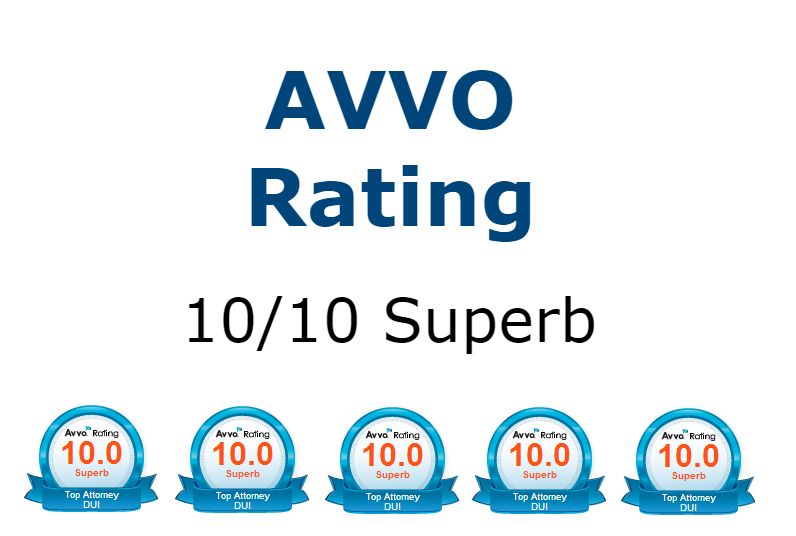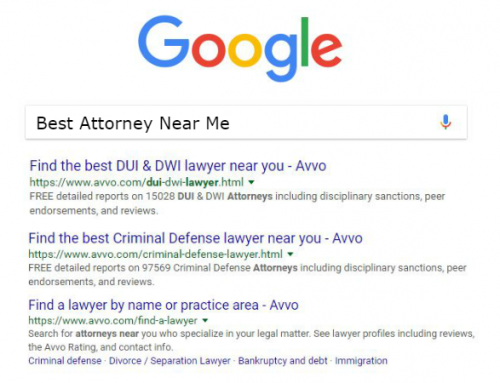Google is voracious. It, and the millions of searchers who depend on it for information, devour content.
One of the biggest challenges of content marketing is developing enough fresh “food” to keep it satisfied.
Fortunately, lawyers have a secret weapon: their own experience. At your fingertips is a wealth of ideas and fodder for compelling, authoritative posts, articles, whitepapers, webinars, and other content forms: case studies.
Evergreen Content: The Gift that Keeps on Giving
The idea behind “evergreen” content is that one post will yield results time and again – without any effort on your part. While writing about news and current events can be a great strategy, to be evergreen, pieces need to be relevant in six months, a year, three years….
Case studies are ideal because, while there are changes in the law, the overall issues involved with DUI, criminal defense, personal injury, and other areas of legal practice are typically the same. In other words, your clients will have the same questions today as they will tomorrow: What do I do if I am charged? How do I protect my rights if I’m injured in a car accident? What should I look for in an attorney?
Case studies help answer these questions, and provide a host of other benefits for legal professionals:
1. They establish your authority and expertise. When done well, case studies demonstrate that you are an expert, a trusted professional who can help the audience with their challenges.
Not only are you “scratching the itch” they have by providing targeted information, you are conveying the message that you can provide the solutions they need. Without actually saying it. People don’t want to be sold. They don’t want another ad. They want value — and content delivers.
2. They target content in which your audience is interested and invested. People searching for content on DUI, criminal defense, personal injury, or other legal matters are not casual browsers. They are searching with a purpose. If you deliver answers, their trust in you builds and you establish greater credibility within your niche.
3. The format and style is engaging to internet readers. Case studies have a logical format: problem, solution, and outcome. This appeals to the truncated attention span of online readers.
According to some research, the average attention span is just 5 seconds. In that time, you have to capture readers’ attention and engage them with your content. A clear and simple format does this, especially when you add bolded headers and bullet points.
4. Optimized case studies are SEO fuel. With strategically chosen keywords, metadata, and other SEO elements in place, case studies can help boost your visibility on search engine results pages.
5. Repurposing is easy – and powerful. Blog posts and articles are just two options. Why not format case studies into PowerPoint presentations, webinars or whitepapers? (Word of caution: be careful about using duplicate material, which can be penalized by Google.) You can also post them on LinkedIn and Google+ or link to them via social media platforms.
Among promotional tactics, US firms rate client case studies as the most effective for generating leads. The take-away here is that case studies can be a tremendous asset to your content marketing strategy if they are done well.
Constructing an Effective Case Study
While they have a specific format, case studies are like any other piece of content that you host on your website or social media profiles. They need to be well-written, clear, concise, and engaging. Here are some tips to ensure that they help you accomplish your goals:
1. Choose the right case
Case studies can backfire when the client isn’t relatable or relevant to your audience, or if the outcome was not optimal. Choose a case that displayed a clear and compelling challenge as well as a solution that demonstrates your expertise. (Example.)
2. Tell a Story
When writing a case study, it’s important to stick to a logical format. Start with a compelling headline (e.g. Verdict: NOT GUILTY or “Plaintiff Wins $100,000 Settlement”) and then very briefly summarize the problem and outcome.
Now, delve into the case in more detail. Who was involved? What were the circumstances? Which party did you represent? Be as specific as you can without divulging any confidential or identifying information.
Yes, readers do have a short attention span, but they want and need the details.
Next, talk about the solution and the outcome. Did you consider multiple avenues? Why did you ultimately choose the legal stance you did? What happened to your client and to the other party? What was the verdict or decision? Again, include as many details as you can.
When telling a story, it is essential that you tell it in the clients’ language. Avoid overly technical terms or complex legal jargon. Relate your story simply, fully, and effectively.
3. Show: Don’t Tell – and Definitely Don’t Sell!
As Bryan Eisenberg, author and consultant, says, “Case studies can be a wonderful piece of a…content marketing strategy except most of these marketers make the mistake and use it to beat their chests like Tarzan. They have to remember: it isn’t about them, their product or their service. It’s about their customer, their problems and how they got solved.”
Believe it or not, potential clients don’t want to hear how great you are! They want to know how you solve real-world problems and how you could deliver value to them. It’s about them.
4. Create a sidebar with relevant case facts. This is similar to magazine stories, which feature a small box with the pertinent – and most interesting! – facts. Again, this appeals to those abbreviated attention spans and provides a quick snapshot of the case.
5. Provide “further reading.” Link to relevant case law or, even better, articles or blog posts on your own website, featuring related material. This can draw readers deeper into your site and keep them engaged.
6. Include clear calls to action. Whether you want a prospective client to contact you, “click here” for more information, sign up for a newsletter, or take another action, be clear and direct. Tell them exactly what you want them to do and make the next steps easy and convenient.
Google is always on the prowl for fresh, high-quality content. Potential clients are searching for relevant, trustworthy information. Case studies are one effective avenue that delivers results for both – and for you.
Think about interesting or important cases you’ve handled. Which ones provide the most benefit for people struggling with the same legal issues? That’s ideal material for winning on the Web and is a great way to help with the online marketing for lawyers.[/fusion_builder_column][/fusion_builder_row][/fusion_builder_container]









